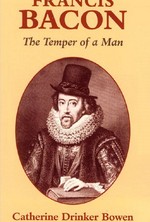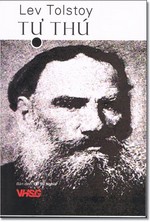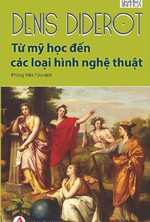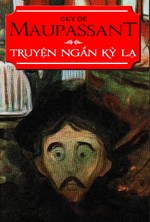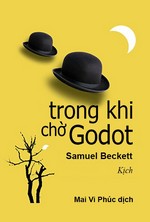Francis Bacon: The Temper of a Man
INTRODUCTION In the 1560s England saw the birth of two geniuses, William Shakespeare and Francis Bacon. One, the son of a leather tradesman of modest means, went to the local grammar school, and by chance and natural endowment realized his genius in the theater. The other, the son of learned and wealthy parents, went to Trinity College, Cambridge, and by birth and design realized his genius in Court, despite his slow rise through thirty-six years of public service and sudden fall in less than two years as Lord Chancellor. Francis Bacon played many roles in the English Renaissance. He was a courtier, an essayist, parliamentarian, jurist, historian, Lord Chancellor and, through it all, a philosopher. His achievement in each is more than impressive, and the constellation of accomplishments is truly stellar. Throughout his life Bacon was hampered by recurring bouts of poor health. Yet his persevering determination to fulfill two lifelong commitments succeeded in earning him a permanent place both as philosopher and as public servant. In a famous letter 1 of 1592 to his uncle, William Cecil Burghley, who was Secretary of State and first minister to Elizabeth, Bacon, at the age of thirty-one, "confesses" his dual ambition: for the vita activa in service to the queen and to England, and for the vita contemplativa. "Lastly, I confess that I have as vast contemplative ends, as I have moderate civil ends: for I have taken all knowledge to be my province." When Bacon wrote to his uncle, he already had served eight years in Parliament. Reading Bacon's life and his writings strongly suggests that these competing ambitions did not conflict, except in the very practical order of time. There is a nascent pragmatism in Bacon's epistemological stance. For him any legitimate theory must serve human practices. Further in the letter, after distinguishing these contemplative ends from the "verbose disputations" of abstract philosophies or the aimless results of "blind experiments," Bacon identifies his contemplative ends as knowledge useful for and in service to humanity: "I hope I should bring in industrious observations, grounded conclusions, and profitable inventions and discoveries; the best state of that province. This, whether it be curiosity, or vain glory, or nature, or (if one take it favorably) philanthropic, is so fixed in my mind as it cannot be removed."...

